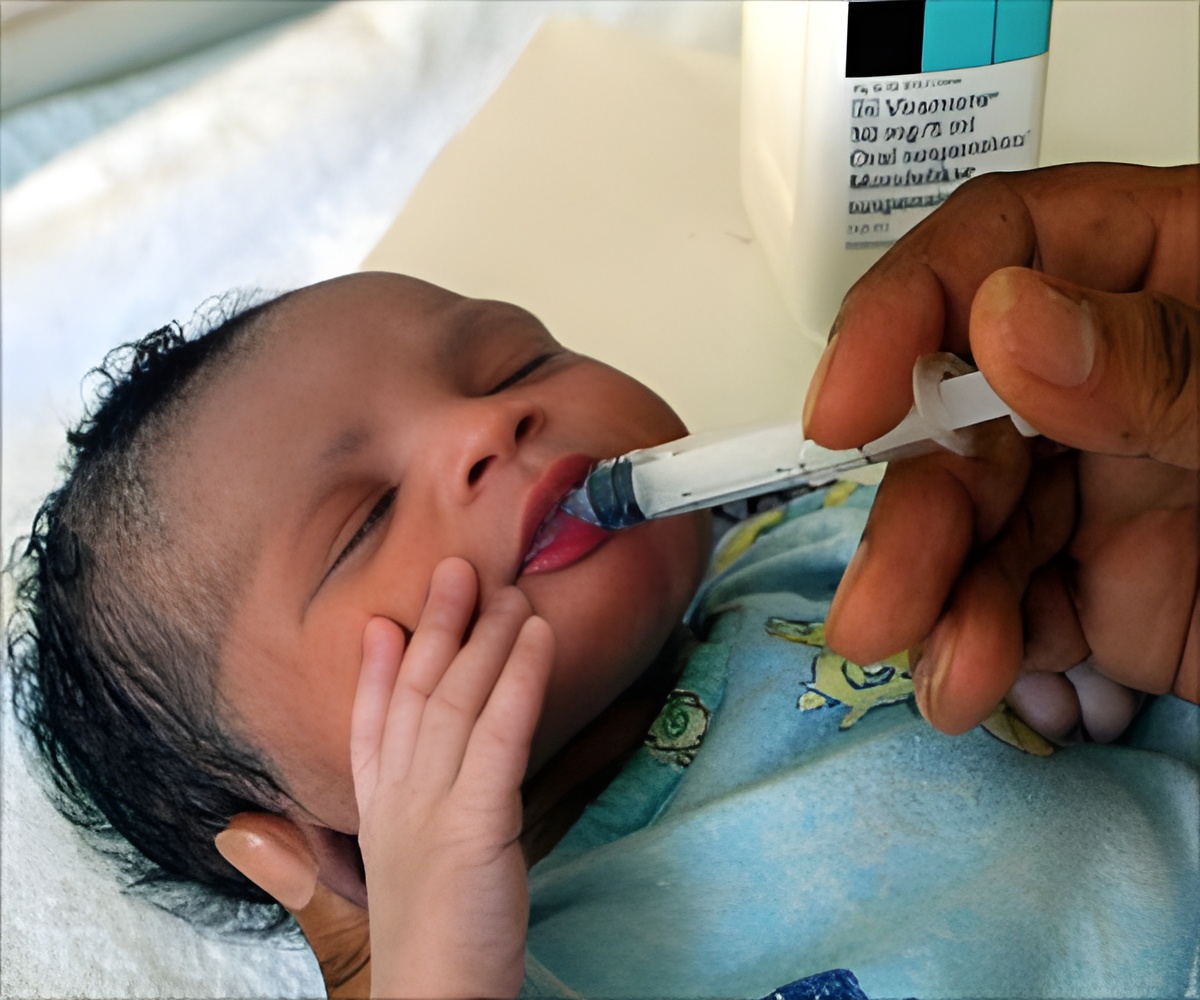
Research conducted by Medecins Sans Frontieres (MSF) India between 2009 and 2011 found that of the more than 8,000 children admitted to the center, 62% were girls.
“Overall, a girl child is far more neglected than a boy, especially if she is the third or fourth girl child in the family,” said Ms Dipa Sinha, an activist with the Right to Food campaign. “A healthy, five-month-old baby should weigh at least 5 kg, but we come across two-year-olds weighing that. Girls constitute more than two-thirds of patients who are admitted, and also those who drop out before completing the treatment,” said Mr Ziaul Haque, Medical activities manager for the charity MSF India.
The United Nations Children’s Fund reports child malnutrition as the top cause of child deaths across the world, taking the lives of three million children annually. Most children die from preventable illnesses such as diarrhoea due to a weak immune system.
Though free treatment is given at the MSF center, they have a higher rate of dropout compared to boys. “When we try to counsel parents to admit acutely malnourished children, a typical father says ‘Who cares? The girls can die’,” said Mr Haque, adding that more than 50 percent of dropouts are girls.
The problem of malnutrition actually begins with the mother. Latest government figures showed that about 47 percent of women aged between 20 and 24 were married before the age of 18 in India, though it is against the law.
Advertisement
Source-Medindia











